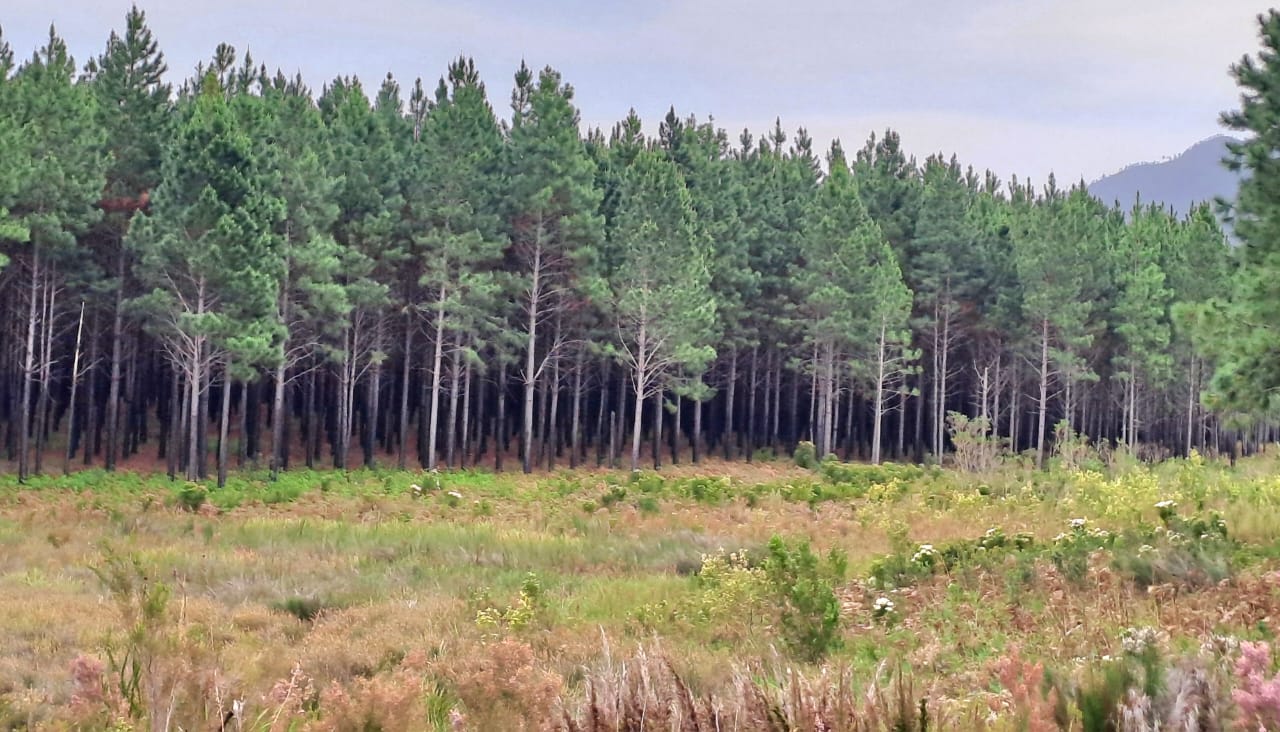GARDEN ROUTE NEWS - Cobus Meiring of the Garden Route Environmental Forum (Gref) gives his take on some good news for the forestry industry in the Southern Cape:
For close on two centuries, forestry formed the bedrock of the Southern Cape economy.
Unfortunately, this vital industry, supporting thousands of jobs and an extensive downstream value chain, including sawmills and the selling of timber, fell into sharp decline as major plantations on state land were not replanted and only pockets of the formerly prospering sector remained on private land.
One of the unfortunate environmental impacts were that thousands of hectares of land succumbed to dense infestations of invasive alien plants in these vast areas formerly managed as commercial plantations.
This in turn created considerable risks for the region, such as increased potential for wildfire disasters, a threat to water security and loss of biodiversity.
Over and above the environmental risks, the demise of commercial forestry coincided with substantial job losses, loss of skilled labour, experience and a generational forestry management culture that had been developed over a century.
The recent reversal of government policy allowing the Cold Stream Timber Company (CTC) to replant a number of dormant plantations is a welcome relief to the Garden Route. Commercial forestry can create a huge amount of jobs to skilled and unskilled labour at a time when unemployment in the region carries enormous socio-economic risks.
 Plantations used to cover large tracts of land in the past.
Plantations used to cover large tracts of land in the past.
The recently formed Garden Route Risk Reduction Task Team (RRTT) welcomes the additional capacity of the forestry industry in protecting the region against overwhelming fire risks as a result of more available manpower and resources.
Increased capacity will enable more controlled burns, large-scale management of invasive plants and the development of essential firebreaks and critical biodiversity corridors free of invasive plants.
As the Southern Cape again enters a period of low rainfall in the medium term, fire risk increases exponentially, as the recent wild fires in Ruitersbos are testimony to. Combatting wildfires are extremely costly, and since its reoccurrence is guaranteed, it requires an integrated approach, constant planning, vigilance and a high state of preparedness.
Garden Route Environmental Forum is a public platform for environmental managers and a climate change think tank. Visit www.grefscli.co.za for more information.
‘We bring you the latest Garden Route, Hessequa, Karoo news’
















